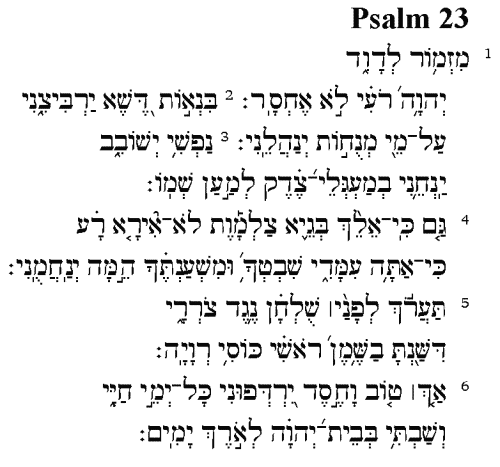“…Many see typology as an arbitrary method which typically involves allegory and therefore it is also viewed as a good example of non-contextual exegesis. But most scholars today agree that typology is not allegory because it is based on the actual historical events of the Old Testament passage being dealt with and because it essentially consists of a real, historical correspondence between the Old Testament and New Testament event. Typological interpretation involves an extended reference to the original meaning of an Old Testament text which develops it but does not contradict it. Put another way, it does not read into the text a different or higher sense, but draws out from it a different or higher application of the same sense."
“...The plausibility of the suggestion that typological interpretation is normative and that we may seek for more Old Testament types than the New Testament actually states for us is pointed to by the observation that this method is not unique to the New Testament writers but pervades the Old Testament. The fact that later Old Testament writers understand earlier Old Testament texts typologically also dilutes the claim that the New Testament writers’ typological method was unique because of their special charismatic stance…the consistent use of such a method by biblical authors throughout hundreds of years of sacred history suggests strongly that it is a viable method for all saints to employ today..."
“…if Jesus and the apostles were impoverished in their exegetical and theological method and only divine inspiration salvaged their conclusions, then the intellectual and apologetic foundation of our faith is seriously eroded. What kind of intellectual or apologetic foundation for our faith is this? M. Silva is likely correct when he states that 'if we refuse to pattern our exegesis after that of the apostles, we are in practice denying the authoritative character of their scriptural interpretation—and to do so is to strike at the very heart of the Christian faith.'"
(from The Right Doctrine from the Wrong Texts: Essays on the Use of the Old Testament in the New)
[HT: Breuss Wane]






No comments:
Post a Comment